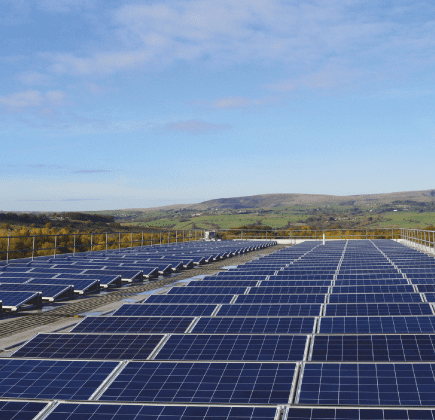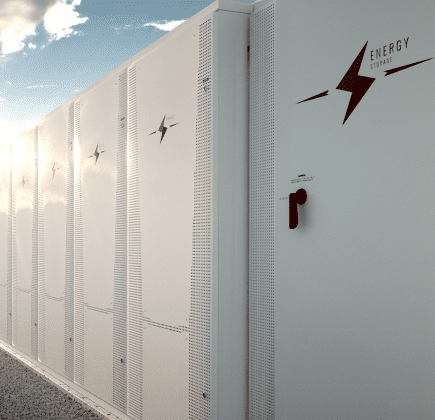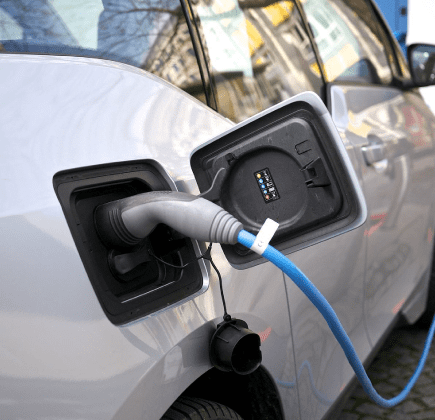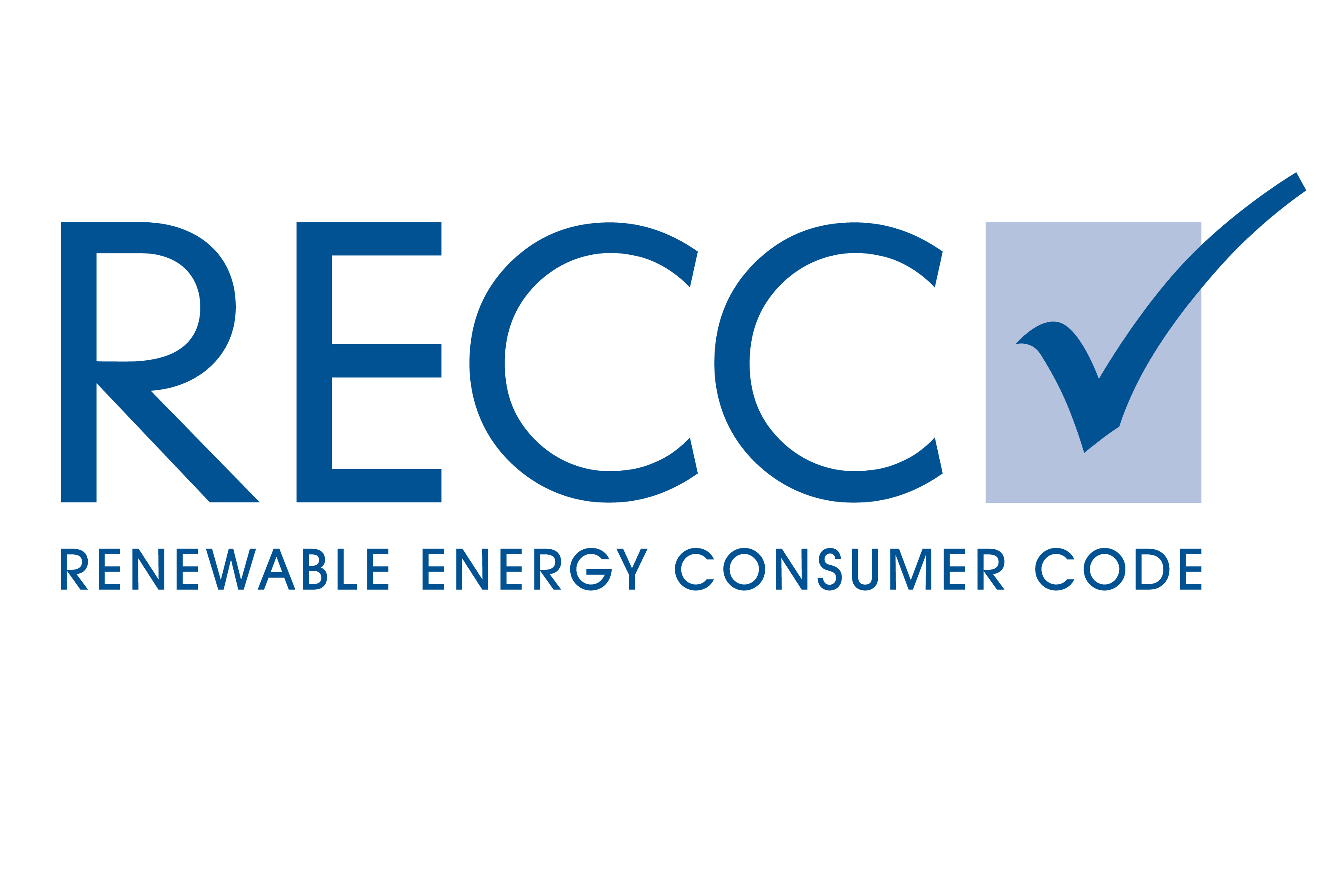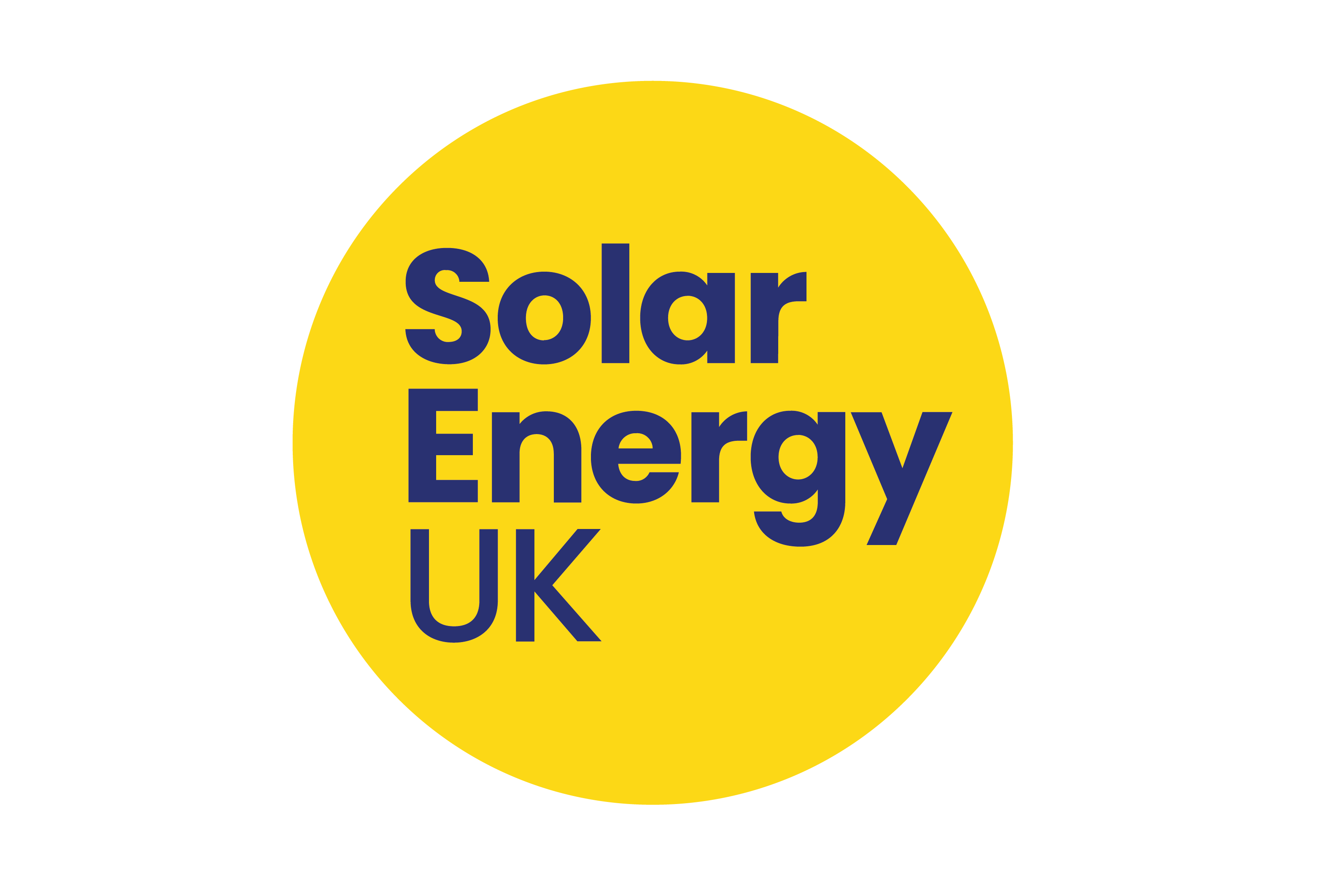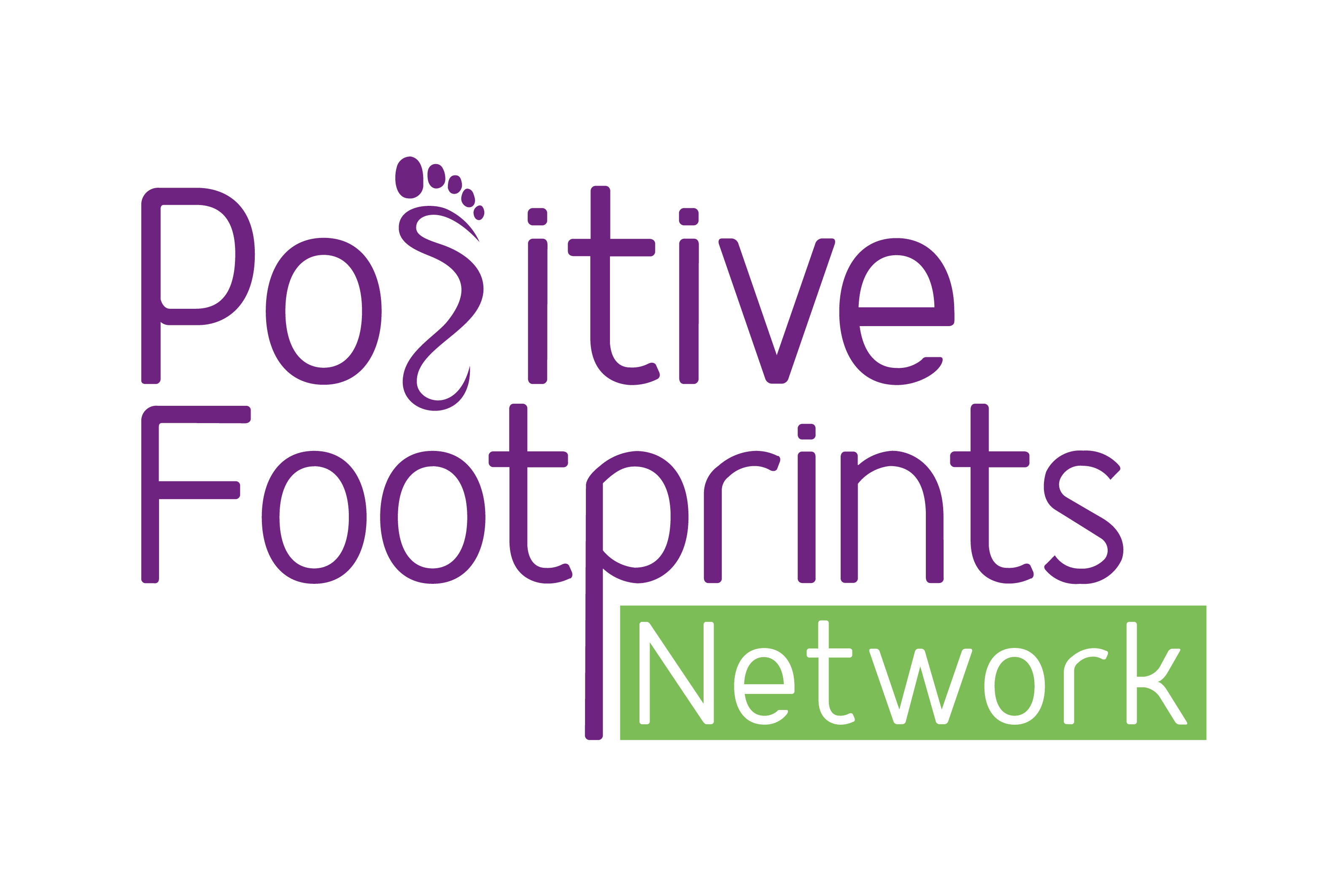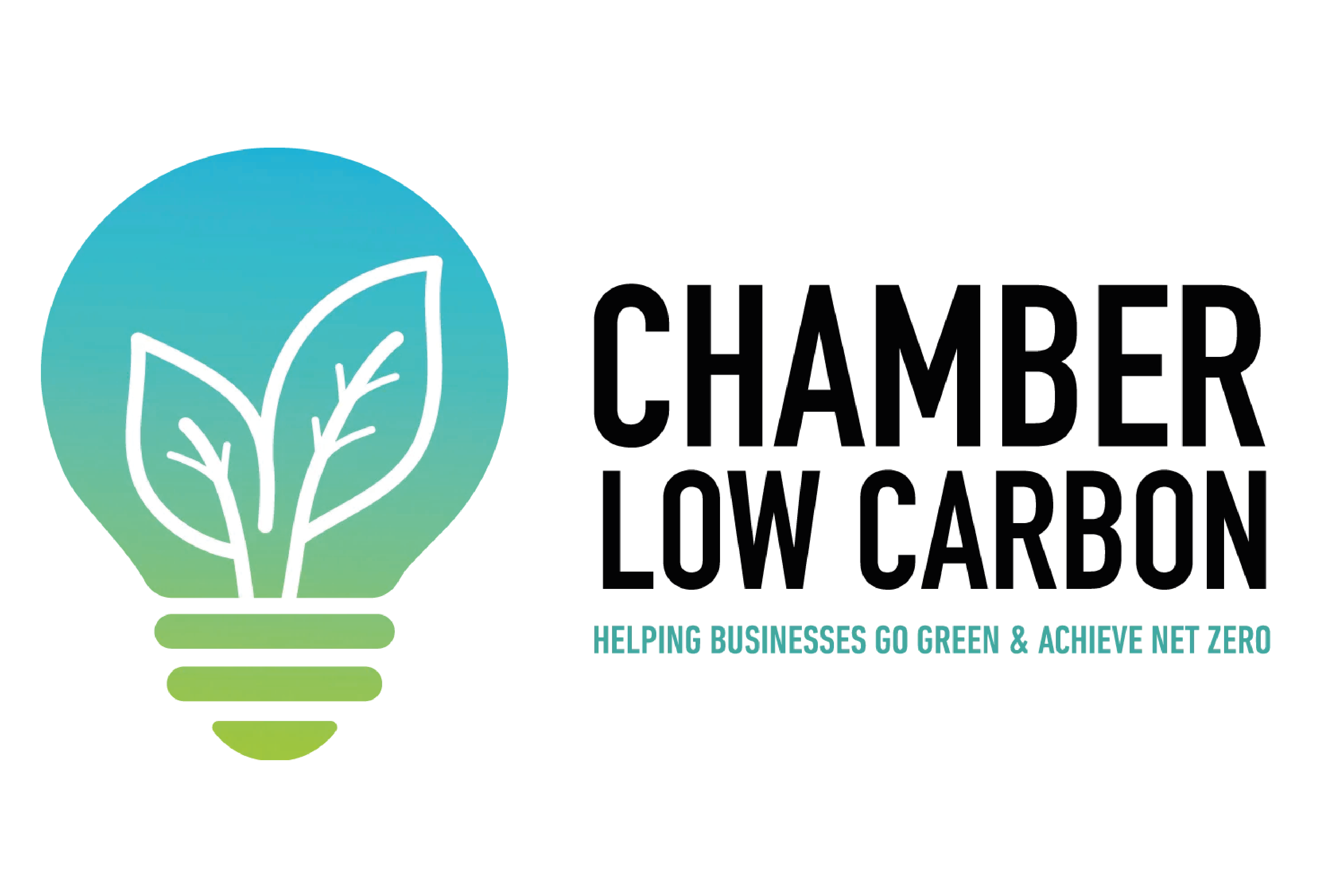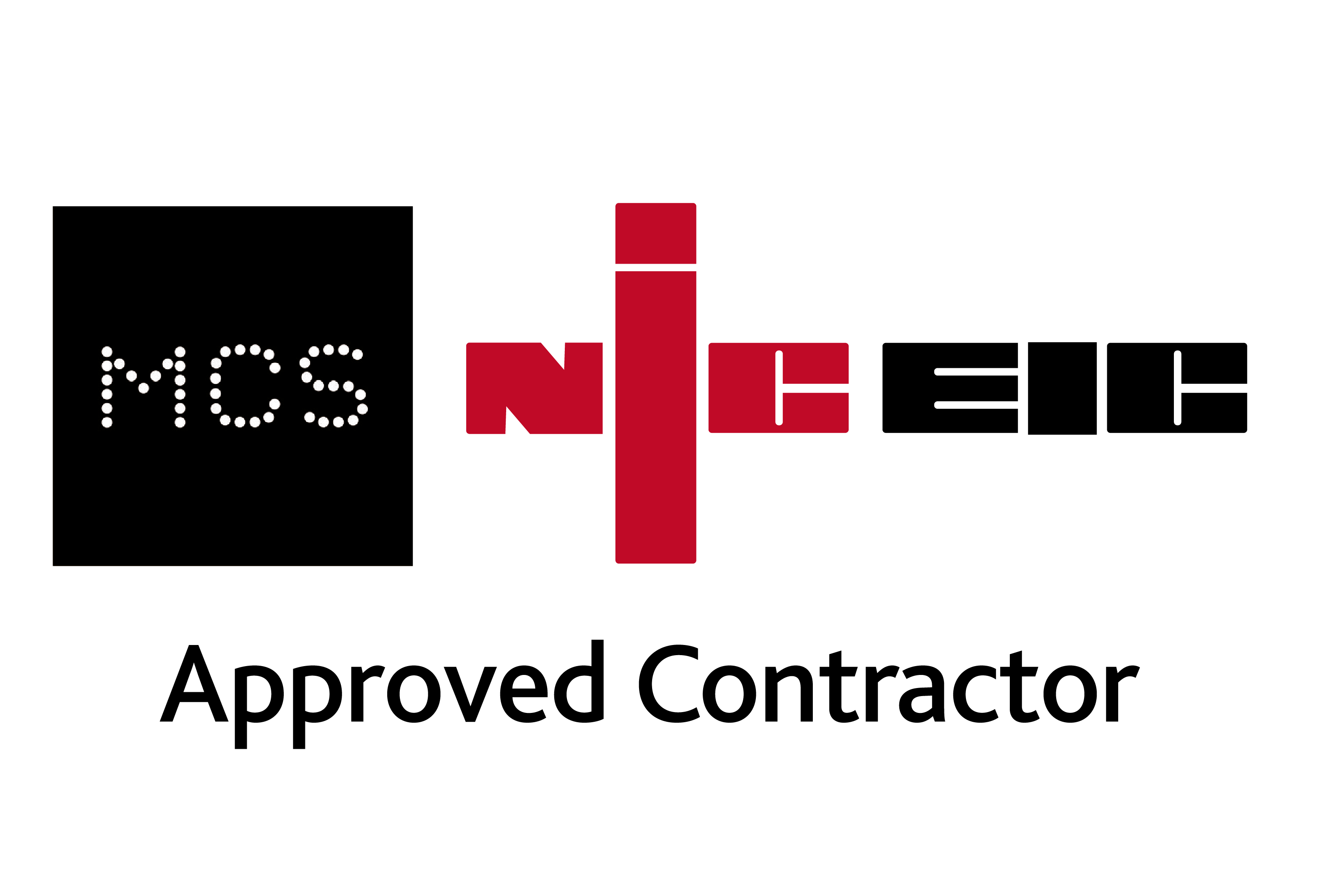
Making History: Britain Goes First Day Without Coal Since 1882
Good Friday 2017 was a remarkable day for the British energy industry; it was the first day that Britain has gone entirely without coal power since the world’s first centralised coal generator opened in 1882. It’s an incredible milestone, and it’s thanks in no small part to the rise of solar power and renewable sources of energy.
In this article:
- What’s happening to the British coal industry
- The progress of modern renewables
- From coal power to clean energy
- Why this milestone matters
- What this means for the future of UK power
What’s Happening To The British Coal Industry?
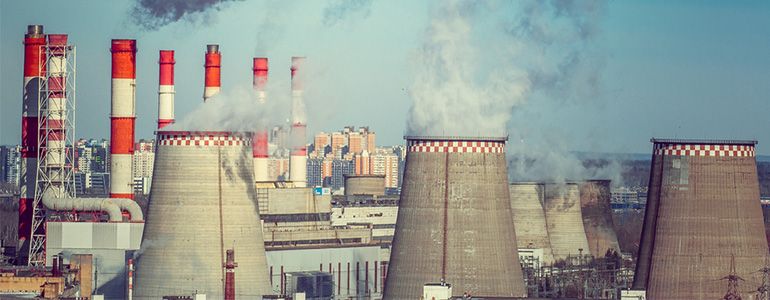
We think you probably know the answer to this already, but the short answer is: it’s on the decline! The history of coal as a power source stretches back a long way – there’s solid evidence that people were mining it well before Britain first got conquered by the Romans. Obviously though, coal’s big spotlight moment came at the start of the Industrial Revolution at the beginning of the 19th Century. Coal then continued as the main source of the UK’s energy until the 1960s.
From that point on though, it’s declined steadily, and it’s especially dropped off in the last few years as renewables like wind, biomass and solar have all risen to plug the gap. Coal’s last peak was in 2012, and 2016 saw the closure of some of the last coal plants in Britain. It accounted for just 5.8% of our power mix between April and June, and the government has promised to phase it out completely by 2025 as part of its climate change commitments (although as we’ve noted before, it might be much earlier!)
Christmas Day last year also saw a record-breaking amount of electricity supplied by renewables just like solar, and Friday is another milestone on the ever-shorter road to a completely renewable future.
The Progress Of Modern Renewables
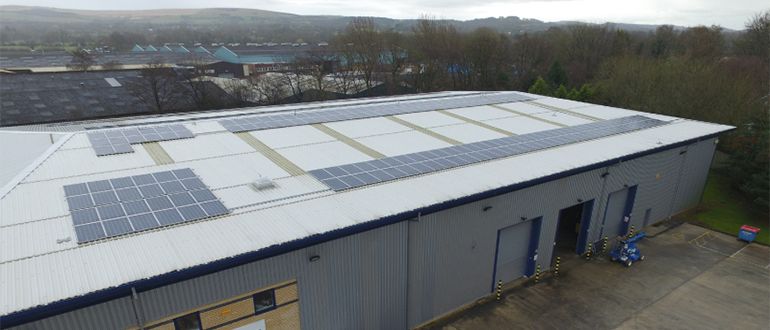
Renewables reportedly made up a substantial amount of the alternative energy used on Friday, in which solar panels played no small part. Lots of homes and businesses are now drawing power from solar panels and other business energy services, meaning that they’re less reliant on the National Grid. There’s also the fact that modern energy usage is, on the whole, progressively more efficient than it used to be, which doesn’t hurt either! Back in 2015, renewables account for 25% of our energy supply as a nation, and we’re still moving in leaps and bounds from there.
Apart from the environmental benefit of using cleaner, greener energy, renewables have a lot more to offer modern homes and businesses today. Modern consumers care a lot about the business practices of the companies they buy from – especially in regards to the environment – making environmental practices also useful from a PR point of view. Meanwhile, both homeowners and businesses can enjoy financial incentives from the Feed-In Tariff, which allows any unused energy to be sold back to the government.
But the advantages don’t stop there! In fact, solar panels can offer distinct advantages to organisations in different sectors. You can find just a few of them on our solar panels page, or read a few of our case studies to see just how much we’ve helped our clients save on their energy bills.
From Coal Power to Clean Energy
To understand the significance of this achievement, it is important to look at UK energy history.
Coal was at the centre of Britain’s industrial expansion. During the Industrial Revolution, coal powered steam engines, manufacturing plants, and railways. By the late nineteenth century, coal was also the primary fuel for electricity generation.
Over time, the UK energy mix evolved. Oil and gas gained prominence in the twentieth century. More recently, renewable technologies such as wind and solar have expanded rapidly, reducing reliance on fossil fuels.
The first renewable energy developments in the UK were small-scale hydroelectric projects in Scotland during the early twentieth century. Today, renewable capacity spans offshore wind, onshore wind, solar PV, biomass, and hydro.
Why This Milestone Matters
The reference to since 1882 is significant because that was the year the world’s first coal-fired public power station opened in London. The Edison Electric Light Station on Holborn Viaduct marked the beginning of centralised electricity generation in Britain.
For over 130 years, coal remained part of the national grid. Moving from coal dependency to coal-free days highlights how dramatically the electricity system has transformed.
This transition has been driven by:
- Falling renewable energy costs
- Carbon pricing mechanisms
- Air quality regulations
- Coal plant retirements
- Increased solar and wind deployment
What This Means for the Future of UK Power
Britain’s first day without coal since 1882 symbolises more than a historic headline. It reflects a broader shift toward cleaner, more diversified energy generation.
For commercial and industrial organisations, this transition creates both responsibility and opportunity:
- Investing in on-site solar reduces reliance on fossil fuels
- Lower carbon operations support ESG objectives
- Long-term energy price stability improves financial planning
- The UK energy system continues to evolve. As coal exits and renewables expand, businesses that adapt early will be better positioned in a low carbon economy.
Don’t forget to follow us on Twitter: @LowCarbonEnCo
 Energy Technology
Energy Technology

Powering your present. Preserving your future.
Call us on 01282 421 489

strategy be a priority?

